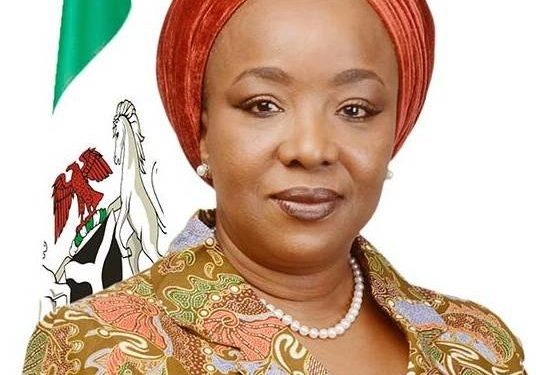Nigeria’s upstream companies should leverage the opportunities in the Petroleum Industry Governance Bill (PIGB) for growth or fail to record appreciable progress in the industry, stakeholders have said. The bill, which was passed March last year, has not been assented by the president.
The firms include Addax Oil, Seplat, Total, Shell and others, that have a considerable hold on the operation of the upstream segment of the industry.
The stakeholders, including Director of Information at the Centre for Energy Studies, Port Harcourt Prof Wunmi Iledare, and a former Country’s President, International Association of Energy Economists (AIEE) Prof Adeola Akinnisiju, who spoke with The Nation on phone, at the weekend, said the bill is meant to provide solutions to problems of corruption, absence of transparency, wrongful award of contracts and other sharp practices that have pervaded the nation’s oil and gas industry.
According to Iledare, when the bill is eventually assented and implemented by the government, activities in the industry would be more transparent, adding that shady deals in oil services management would be a thing of the past.
He said when this happens, accessing funds for operation would be easier for operators in the upstream segment of the oil industry, urging operators to look beyond Federal Government appropriations bills in their quest to foster growth. He added that they should instead focus on the PIGB once it fully comes on stream.
According to him, despite the increase in the 2019 budget by the Senate from N8.3 trillion to N8.19 trillion, operators in the upstream segment would not achieve the growth until they make good use of the bill.
He said although provisions were made for the power, oil and gas and other critical sectors, operators in the upstream need to leverage the PIGB for growth.
Iledare said: “Without doubts, there are allocations for the oil and gas sector through the Nigerian National Petroleum Corporation (NNPC). Yet operators have to devise means of raising funds in a more transparent manners as stated in the Petroleum Industry Governance Bill. Direcedd or Indirectly, companies in the key sectors like oil and gas would derive some benefits from the national budget, but that is not enough, if considerable progress is going to be achieved.
He noted problems such as decayed infrastructural facilities, dwindling fortunes and low productivity occasioned caused by restiveness in the oil producing areas of Niger Delta, have impacted negatively on the industry, stressing that the infustry can still achieve growth through a well implemented PIGB.
The PIGB, he said, would addressed issues such as fusion of roles by the NNPC, adding that there must be a clear distinction between the commercial and regulatory roles of NNPC.
Iledare said: ‘’ PIGB would help in separating the policy role of the NNPC from its regulatory and commercial roles. When this happens, corruption and other issues that pervaded the sector would become a thing of the past. This is a clear departure from the past, when contracts were given on the basis of one’s closeness to the government. When commercial and regulatory roles of NNPC are separated by the PIGB, NNPC would not have problem to seek funds for implementation of projects,‘’ he said.
He said budget passage is not all that relevant to the oil and gas industry, especially upstream operators, because the critical funding of exploration and production activities does not come through budget appropriation, but through implementation of the provisions of the petroleum industry governance bill passed in 2018.
The Senate’s decision to pass the budget, Iledare said, was a good omen for the country as the development would up the process of governance in Nigeria. He argued that growth in the economy is anchored on appropriate use of the budget.
According to Akinnisiju, the PIGB would address problems besetting the growth of the oil and gas industry. He advised stakeholders, including government, to ensure that the bill is assented and implemented.
‘’Lack of transparency in the oil and gas industry breeds corruption. This is evident by the ways and manners in which contracts were issued and implemented. In most cases, due process was not followed, a development which has negatively impacted on the performance of the industry, nay operators. Once the bill is well implemented, operators in the downstream, mid-stream and upstream sub-sectors of the oil industry would find it easier to grow their businesses,’ he said.
It would be recalled that the bill was passed by the Senate in March 2018 and subsequently transmitted to the Presidency for approval. Prior to this period, the bill has generated a lot of controversy, as Nigerians were divided on its passage.










